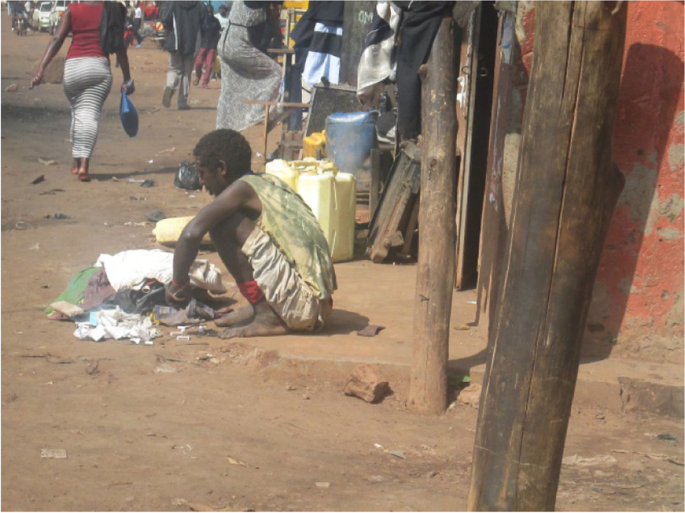The document titled “Uganda: The National Slum Upgrading Strategy and Action Plan 2008” outlines a comprehensive framework aimed at addressing the challenges faced by slum dwellers in Uganda. It emphasizes the need for coordinated efforts to improve living conditions in informal settlements while recognizing slums as integral parts of urban development.

Background and Context
Uganda has witnessed significant urbanization over the years, leading to a substantial increase in slum populations. As of the report, more than half of Uganda’s urban population resides in informal settlements characterized by inadequate housing, lack of basic services, and insecure land tenure. The National Slum Upgrading Strategy and Action Plan was developed in response to these challenges, aligning with international goals such as the Sustainable Development Goals (SDGs) and the Millennium Development Goals (MDGs).
Further reading: Housing Rights and Secure Tenure: A Prerequisite for Housing the Poor
informal settlements: statistics, slums and the housing situation in uganda ssauganda.org
Life in the Slums of Kampalawww.kidsclubkampala.org › post › life-i… kidsclubkampala
Objectives of the Strategy
The strategy aims to achieve several key objectives:
- Improve Living Conditions: The primary goal is to enhance the quality of life for slum dwellers by providing access to essential services such as clean water, sanitation, waste management, and infrastructure improvements.
- Secure Land Tenure: A crucial element of the strategy is to provide security of tenure for slum residents. This involves legal recognition of their rights to occupy land, which is essential for enabling them to invest in their homes and communities.
- Promote Community Participation: The strategy emphasizes the importance of involving slum communities in decision-making processes. This participatory approach ensures that interventions are tailored to meet the specific needs and preferences of residents.
- Strengthen Urban Governance: Improving local governance structures is vital for effective implementation of slum upgrading initiatives. The strategy advocates for better coordination among various stakeholders, including government agencies, civil society organizations, and community groups.
- Prevent Future Slum Development: The plan also seeks to address the root causes of slum formation by implementing preventive measures that manage urban growth sustainably.
Key Components of the Action Plan
The action plan outlines specific activities and interventions necessary to achieve the objectives:
- Legal Reforms: Implementing reforms in land tenure laws and housing policies to facilitate secure land rights for slum dwellers.
- Infrastructure Development: Investing in infrastructure projects that provide essential services such as roads, drainage systems, and public transportation links to improve accessibility.
- Housing Improvement Programs: Establishing programs that support the upgrading of existing housing units through financial assistance or technical support for construction.
- Capacity Building: Training local governments and community organizations to enhance their ability to manage slum upgrading projects effectively.
- Monitoring and Evaluation: Developing a robust framework for monitoring progress and evaluating the impact of slum upgrading initiatives on residents’ lives.
Challenges Faced
While the strategy provides a comprehensive framework, several challenges hinder its effective implementation:
- Funding Constraints: Limited financial resources pose a significant barrier to executing large-scale upgrading projects.
- Complex Land Tenure Systems: The intricacies of land ownership in Uganda complicate efforts to secure tenure for slum residents, often leading to disputes over land rights.
- Political Will: Sustained political commitment is essential for prioritizing slum upgrading within broader urban development agendas.
- Community Resistance: Some residents may be sceptical about government interventions due to past experiences with forced evictions or inadequate support.
Conclusion
The “National Slum Upgrading Strategy and Action Plan” represents a critical step towards addressing the pressing needs of Uganda’s urban poor. By focusing on improving living conditions, securing land rights, promoting community participation, and enhancing urban governance, the strategy aims to create sustainable solutions for slum dwellers.To be successful, it requires collaboration among government entities, civil society organizations, and community members, alongside adequate funding and political support. Ultimately, this approach not only seeks to uplift those living in slums but also recognizes their contributions to urban life, fostering inclusive development that benefits all citizens in Uganda’s rapidly evolving cities.

